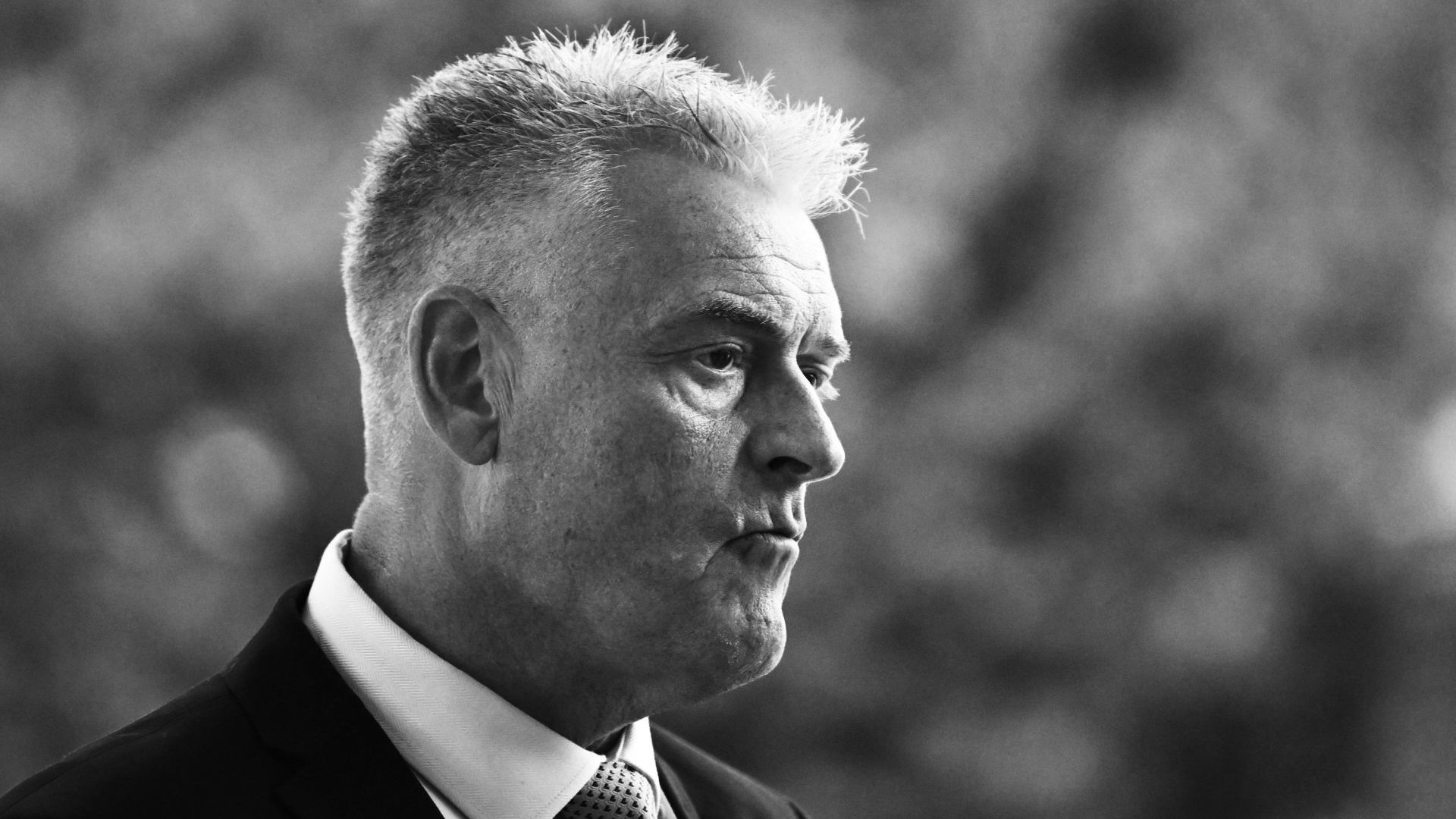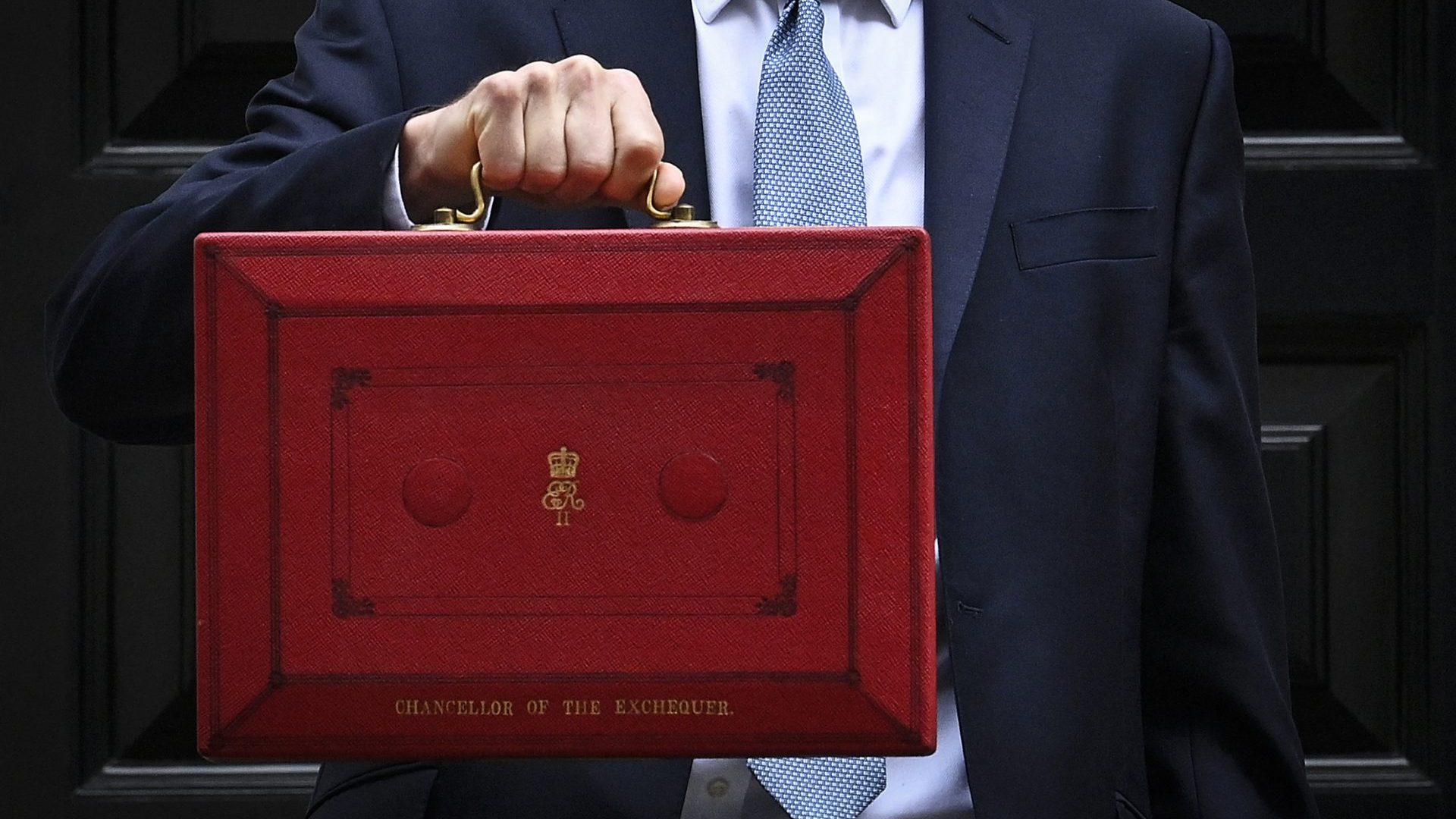How should politicians be remembered? Today’s newspapers are tomorrow’s chip paper and, aside from some particularly worthy or horrid exceptions, MPs tend to fade into obscurity once they have left the Commons. Running the country is a group effort; few will make a point of remembering the full extended cast.
Does this mean we should already start erasing Lee Anderson from our collective memories? He has, after all, lost the Conservative whip, and is unlikely to get it back before the next election. He will lose his seat and we will be rid of him. Sometimes stories do have a happy ending.
His, however, is a story that probably should have never begun. Once a Labour councillor, he was suspended by the local group in 2018 after placing some boulders in a local area in order to prevent Travellers from setting up camp there. Instead, he became a Tory councillor in 2019, and was then picked as their candidate for Ashfield.
During the campaign, he attracted nationwide attention by being caught on camera setting up a not-so-spontaneous door knock with a sympathetic voter, and for arguing that “nuisance tenants” should be made to live in tents and go pick vegetables. Still, he was elected. You may remember what followed, but it is still worth looking back on a few of his greatest hits.
In November 2020, Lee signed a letter which accused the National Trust of being “coloured by cultural Marxist dogma”. The APPG Against Antisemitism had to intervene and point out that “cultural Marxism” is a far-right dog whistle. It was the second time Lee had become embroiled in a row about antisemitism.
In June 2021, he announced that he would not be watching the Euros gootball tournament, as he opposed the players’ decision to take the knee at the start of every game. In May 2022, he was widely mocked for claiming that people complaining about food poverty could be making meals for 30p a day. The nickname “30p Lee” has stuck to this day.
In early 2023, he told the Spectator that he would be in favour of bringing back capital punishment. Later that year, he said asylum seekers unhappy to be housed on barges should “fuck off back to France”. When, last November, the supreme court found the Rwanda plan illegal, he called on the government to “ignore the law” and send people to the African country regardless.
A personal favourite came at the start of 2024, when he resigned as deputy chairman of the Conservative Party in order to vote against the government on an amendment to the safety of Rwanda bill, then failed to vote against the government. Why was that? “The Labour lot were all giggling and laughing and taking the mick [in the voting lobby],” he told GB News. “I couldn’t do it, so I walked out”. What a man.
In the end, what did it for him was to say this month that, although he didn’t believe that Islamists had taken control of Britain, he did think that they “got control of [Sadiq] Khan and they’ve got control of London…He’s actually given our capital city away to his mates.” Lee lost the whip because of it, and here we are.
This could be the point at which we decide to leave Lee Anderson behind; awkwardly shuffle and pretend nothing ever happened, because he spent four and a half years being a national embarrassment.
A better option, however, would be to choose to remember him, not for his own sake but because his bafflingly successful career was symptomatic of many of Westminster’s ills. It takes a village to raise a child, and Lee Anderson never could have happened in a vacuum.
He should be remembered because he was emblematic of the shockingly poor quality of candidates put forward by Boris Johnson’s Conservatives in 2019. Parliaments will always feature some wild cards and oddballs, but this may have been the single worst intake to join Westminster in living history.
That Anderson became seen as the spokesperson and living embodiment of the Red Wall should also shame the political sphere for years to come. England is not America; traditionally Labour northern seats shouldn’t be treated as akin to the Rust Belt over in the US.
“Red Wall voters” were never a wholly distinct category of people, all honestly working class and seethingly bigoted. Describing them as such by assuming that people like Anderson spoke for all of them did them a great disservice, and said more about how the London-based media sees the north than anything else.
Speaking of which – Anderson would never have become so prominent if not for GB News, which launched in 2021 and soon made the MP a regular guest before offering him a lucrative presenting gig in 2023. It must have been a bittersweet sequence of events for all involved, as it was on GB News that Anderson made the comments about Khan. Who knew that there is probably a good reason why second-rate politicians shouldn’t also become TV personalities?
Last but not least, Anderson ought to remain a stain on the Conservative Party’s soul because he wasn’t merely a frequently offensive backbencher. Rishi Sunak appointed him to the post of deputy chairman. He represented the party in the media and out in the country.
It isn’t clear that the prime minister ever liked him; he simply looked at his parliamentary party and concluded that Anderson’s appointment was needed to placate many of his MPs. What an indictment of that parliamentary party, and how weak it makes No 10 seem.
These are the reasons why Lee Anderson shouldn’t be allowed to go quietly. His parliamentary career was both short-lived and undignified but, most of all, it was symptomatic of all the things that have gone wrong for the Conservatives since Boris Johnson took over. Leaving him behind would mean letting the party and its outriders get away with it, and that is not something they deserve.
Lee Anderson is gone; long live Lee Anderson.




